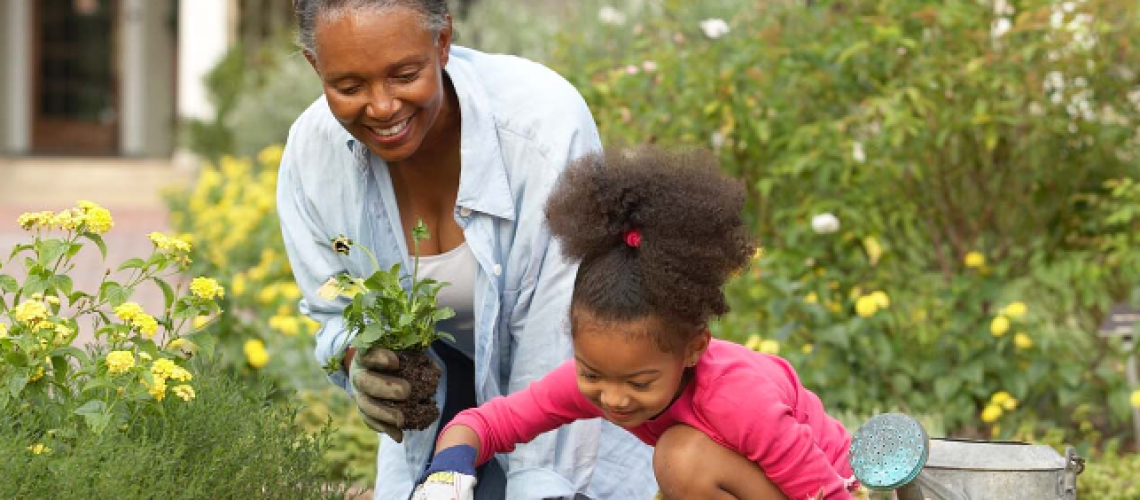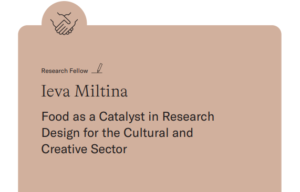Garden therapy workshops are emerging as powerful interventions that provide individuals with disabilities an opportunity to connect with nature, cultivate new skills, and experience a range of physical, emotional, and cognitive benefits. These workshops offer a verdant oasis of healing, fostering a sense of belonging and empowerment among participants.
Gardens have been celebrated for centuries as spaces of solace and rejuvenation. Nature’s harmonious rhythm and the act of nurturing plants can have a profound impact on mental and physical well-being. For individuals with disabilities, this impact is even more significant. Studies have shown that interacting with nature can reduce stress, alleviate symptoms of depression and anxiety, enhance cognitive function, and improve overall quality of life.
Garden therapy workshops prioritize inclusivity, recognizing that people with disabilities often face barriers to accessing traditional therapy and recreational activities. By providing accessible gardens and tailored activities, these workshops create an environment where everyone can participate and thrive. Raised beds, adaptive tools, sensory plants, and clear pathways are just a few of the design elements that ensure accessibility for participants with varying abilities.
Garden therapy workshops engage the senses in unique ways, fostering a deeper connection with nature. Participants can touch the textures of various plants, smell the fragrant blooms, listen to the rustling leaves, and even taste the fruits of their labor. This multisensory approach not only enhances the therapeutic benefits but also creates an immersive experience that encourages exploration and self-expression.
Beyond the therapeutic benefits, garden therapy workshops offer participants the chance to develop practical skills. From planting and tending to harvesting, individuals can acquire horticultural expertise that extends beyond the workshop environment. This newfound knowledge contributes to a sense of accomplishment and empowerment, boosting self-esteem and fostering a greater sense of purpose.
Gardening inherently encourages a sense of community, and garden therapy workshops amplify this aspect. Participants come together to nurture the garden, share stories, and build connections. This social interaction reduces feelings of isolation and provides a supportive network where individuals can share their challenges and triumphs with like-minded peers.
Nature acts as a non-judgmental companion, offering a unique space for reflection and self-discovery. For people with disabilities, this therapeutic partnership can be particularly profound. Whether it’s the joy of watching a seedling sprout or the patience required to tend to a garden over time, the journey becomes a metaphor for personal growth and resilience.
As the garden therapy movement gains momentum, the potential for positive change becomes increasingly evident. Organizations, communities, and healthcare providers are recognizing the value of these workshops in promoting physical and mental well-being for people with disabilities. By fostering inclusivity, empowerment, and a deep connection with nature, garden therapy workshops are sowing the seeds of a more inclusive and compassionate society.
In a world that can sometimes feel disconnected and overwhelming, garden therapy workshops offer a tangible reminder of the beauty and healing power of the natural world. As participants sow, nurture, and harvest, they cultivate not only gardens but also their own well-being, demonstrating the transformative potential of nature as a therapeutic partner.








